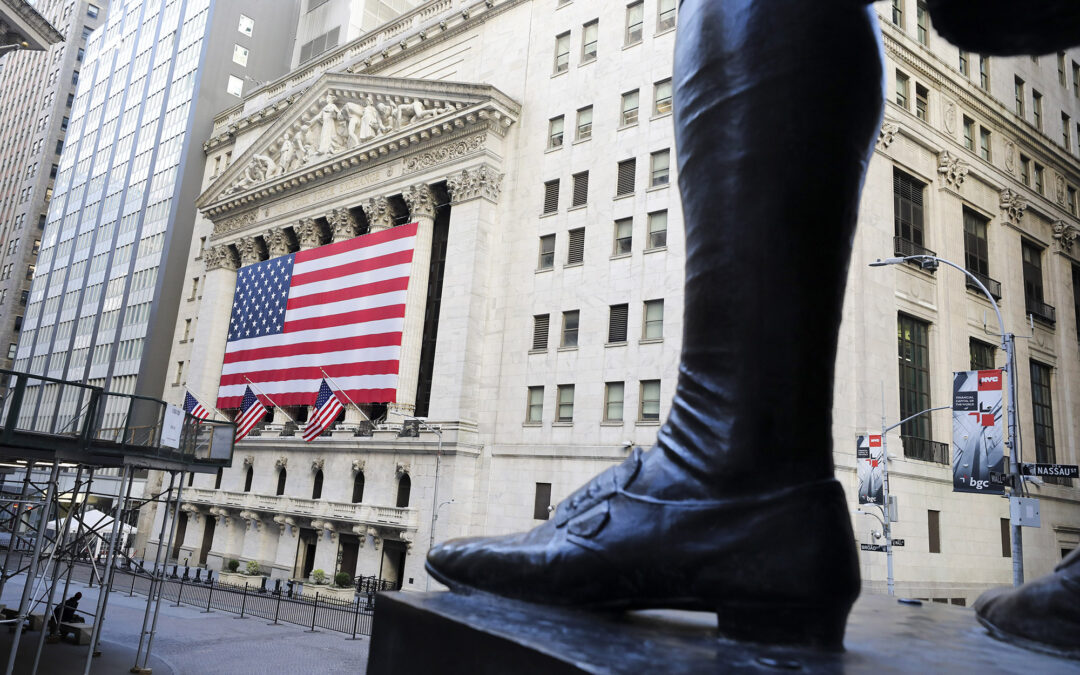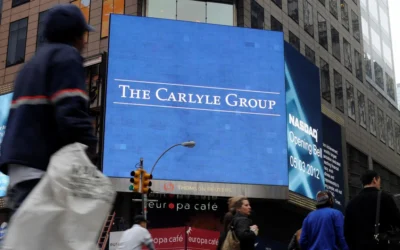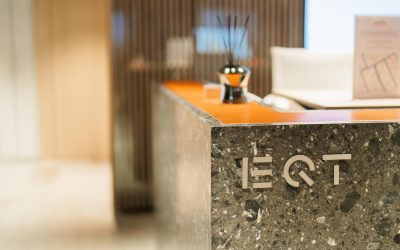Two private equity firms are betting that recently proposed acquisitions of publicly traded companies will enable them to replicate the sweet success enjoyed by other firms that have come before them.
Last week, Clearlake Capital Group said it would acquire Endurance International Group, a publicly-traded cloud-based software provider focused on small and midsize businesses that has been backed by Warburg Pincus and the merchant banking arm of Goldman Sachs Group since 2011. Meanwhile, Roark Capital-backed restaurant platform Inspire Brands said it would acquire doughnut and coffee chain operator Dunkin’ Brands Group, which had been owned by buyout shops Bain Capital, Carlyle Group and Thomas H. Lee Partners before going public in 2011.
The investments follow what until recently had been a steady flow of take-private deal volume among private equity investors. Private equity firms announced 24 US take-private deals last year totaling $64.92bn and 28 such deals totaling $48.6bn in 2018, according to data provider Dealogic. So far this year through 2 November, private equity sponsors have announced 14 US take-private deals totaling $7.83bn as the coronavirus pandemic stymied transactions. However, some industry experts say they expect volume to grow, driven partly by an abundance of private equity capital available to invest and a more challenging economic environment.
“The ability to not have to manage quarterly earnings and not have the pressure of delivering high organic growth as a public company, will make it attractive, again, to go private and be privately owned,” said Paul Aversano, managing director and global practice leader in global transaction advisory at consulting firm Alvarez and Marsal.
For the companies themselves, private equity offers access to fresh capital and an opportunity to make dramatic changes that are tougher to execute as a public company, according to industry experts.
“These companies have an understanding of the operational value-add and patient capital that private equity ownership provides, shielding them from constant public markets scrutiny,” a general partner at a private equity firm said.
Both companies also grew during their prior lives under private equity ownership. Dunkin’ expanded its geographic reach not only across the U.S. but also overseas between the time it was first acquired by private equity firms in 2006 and the time it went public in 2011. The company also increased the number of franchisees who owned multiple locations, WSJ Pro Private Equity previously reported. The deal also proved lucrative for its previous private equity backers, each of which had tripled their initial investment on the company by the time they exited, according to a report by the Washington Post.
Endurance, meanwhile, expanded its platform by adding Houston-based competitor HostGator.com and Intuit’s website businesses, and more than doubled its cash flow by 2013. As of 1 November, Warburg and Goldman still controlled around 48% of Endurance’s voting power, the company said in a recent regulatory filing. The $3bn price tag that Clearlake is offering for Endurance is more than triple the roughly $975m that its current private equity backers paid for the company nearly a decade ago.
This time around, the challenge for these companies’ new owners will be to capture more market share and grow in an uncertain economic environment.
“If you look at either one of these [Dunkin’ and Endurance], what the private equity company is doing is building scale that none of their competitors can deal with,” said Gary Stibel, founder and chief executive of consulting firm New England Consulting Group.
For its part, Clearlake’s operational expertise across software, technology and other sectors stands to help Endurance grow even further, people familiar with the situation said. The firm has backed software companies that include governance software platform Diligent Corp. and Zywave, a software-as-a-service provider for insurance brokers.
“Expect more add-ons and consolidation to expand the service, product and cloud offerings to Endurance customers,” said one analyst who has tracked Endurance’s stock for several years.
According to Stibel, Inspire Brands’ acquisition would give Dunkin’ access to a collection of “super-brands” and “centers of excellence” designed to help the chain scale even further. Such centers refer to services shared by chains across the platform in areas such as finance, human resources, benefits, legal advice and even real estate, according to Inspire’s website.
Perhaps most importantly, a return to private equity ownership would also give both companies deep-pocketed backing at a time when heightened economic uncertainty potentially offers opportunities to expand market share and snap up competitors.
“In a period of exceptional stock market volatility like today, the steady hand on the tiller that private equity typically represents is especially prized by companies,” said Antoine Dréan, chairman of placement agent and secondary advisory firm Triago.
Source: Private Equity News
Can’t stop reading? Read more
Carlyle and Goldman Sachs open private credit funds to Willow users with $10,000 minimum
Carlyle and Goldman Sachs open private credit funds to Willow users with $10,000 minimum Carlyle,...
EQT, PAI, and Stone Point shortlisted for €2bn takeover of Castik-backed Global Group
EQT, PAI, and Stone Point shortlisted for €2bn takeover of Castik-backed Global Group EQT, PAI...
CAIS Advisors unveils retail vehicle giving investors a stake in elite sports and media
CAIS Advisors unveils retail vehicle giving investors a stake in elite sports and media Eldridge...




